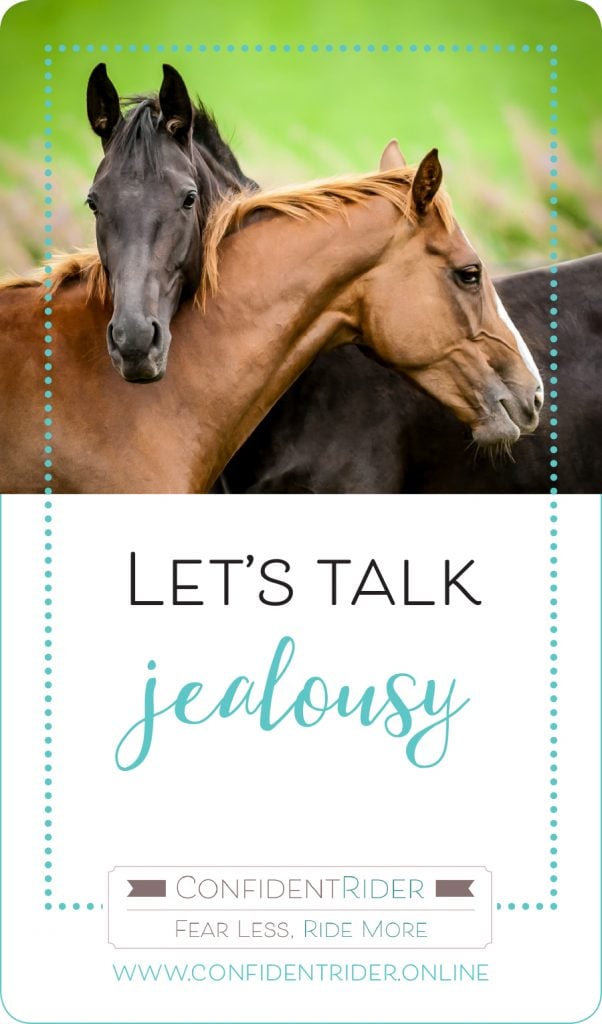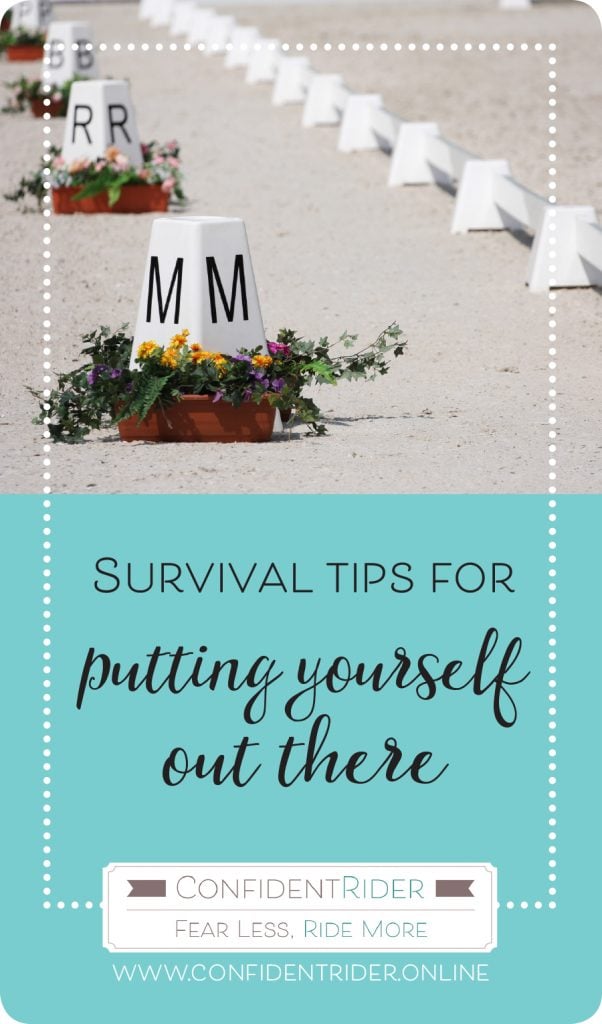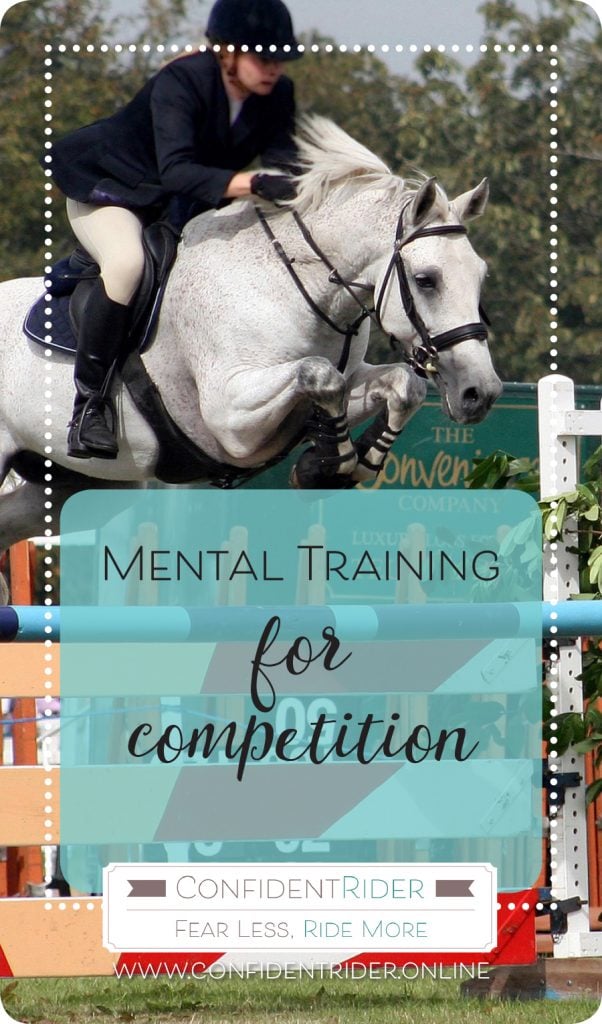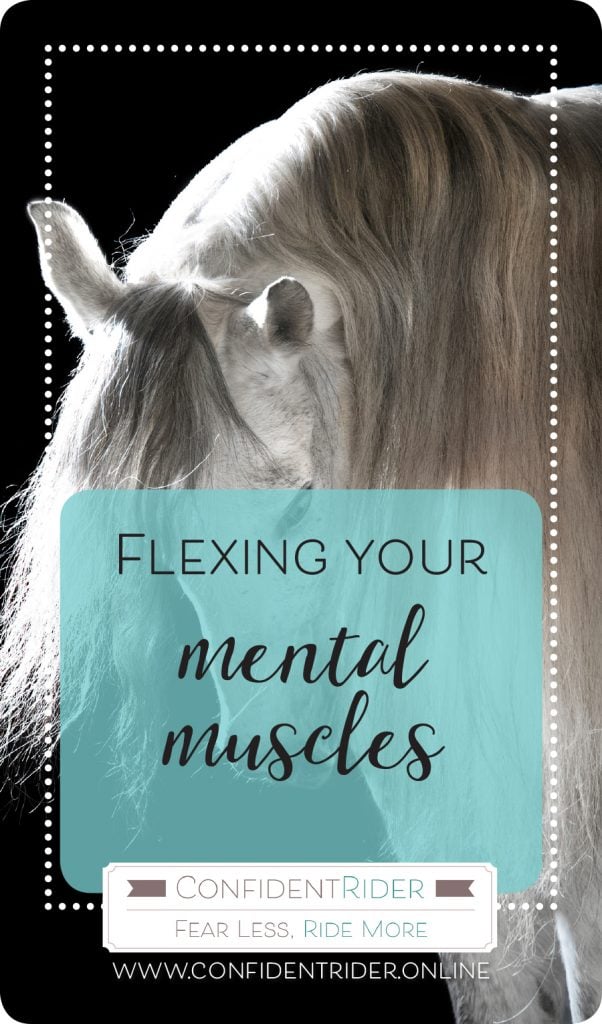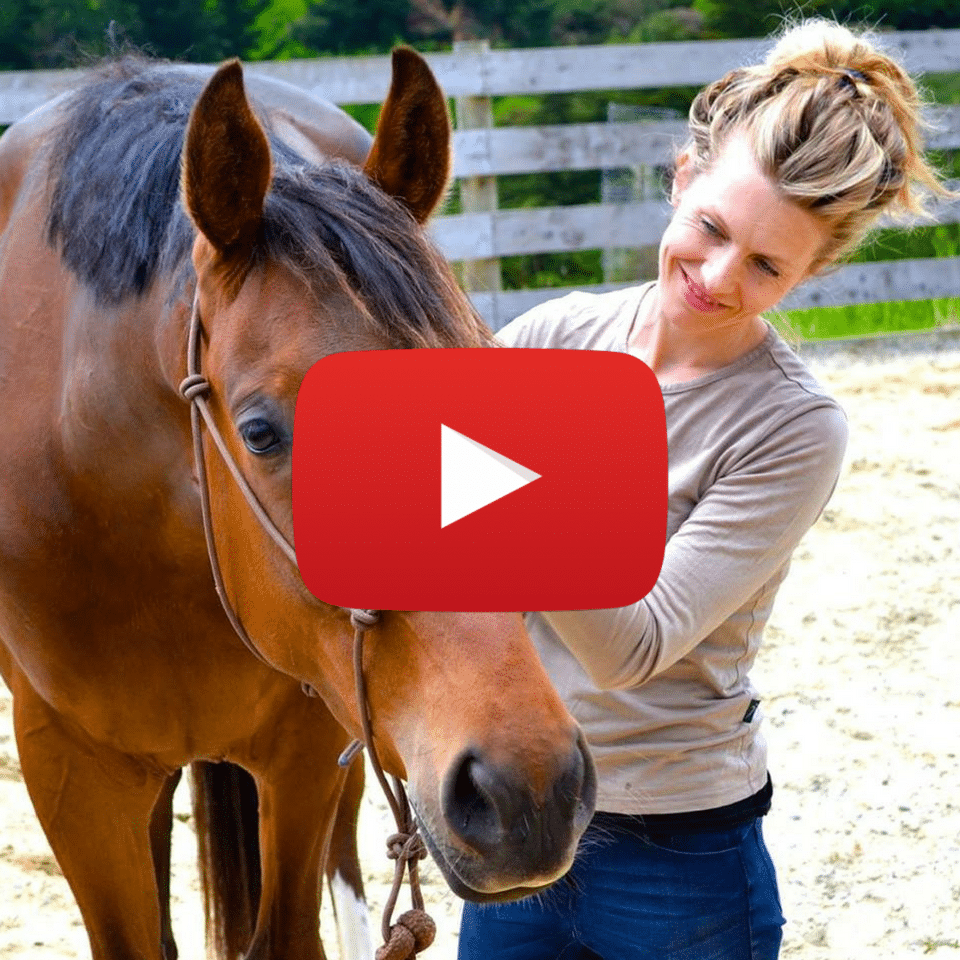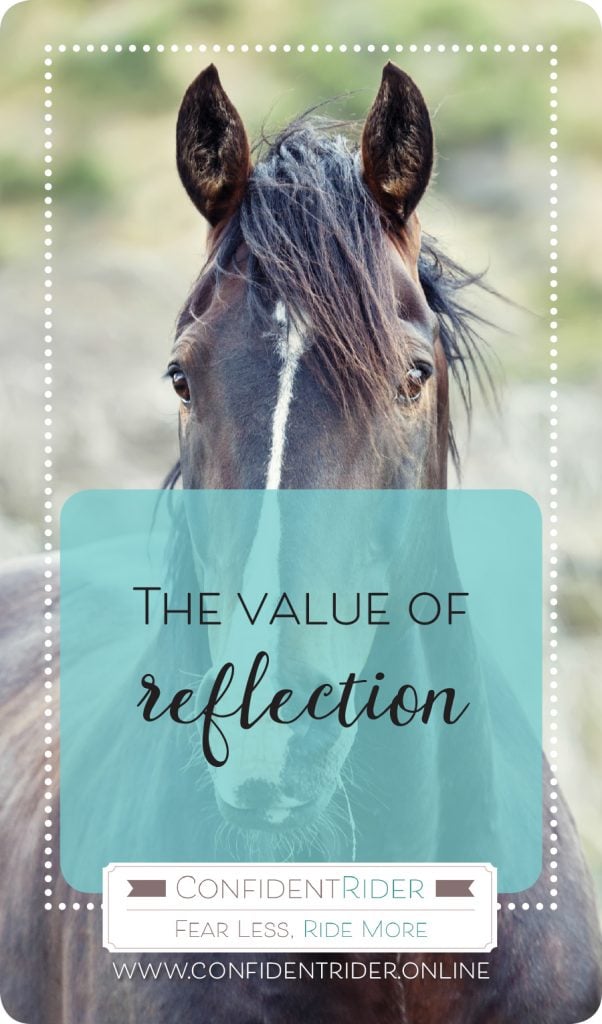
We have all had rides that have left us feeling well below average on the Rider Hotness Scale, and whilst on many occasions its good practice to shift your focus to the future and keep on going, there are times when looking back and focusing on what went wrong can be the best thing you can do to get you moving forward.
So what do you do when your training session or competition experience has not resulted in you on the top podium belting out the national anthem at the top of your lungs to an appreciative and adoring crowd (ok, so this may have featured in my horsey day dreams at one time or another)? You grab hold of that session and you filter out the little nuggets of gold dust that it has left you in its wake.
Let’s have a look at the process.
1. Recover
I didn’t want to get all PollyAnna on your from get go, so I am allowing for a certain recovery period, also known as a temporary pity party, wallow, or a few minutes when you drop to your knees and swear that if God could just make all your rides in the future really great, you will never do anything bad ever again.
Letting yourself feel bad for a confined period of time can be a necessary part of the process, and brings closure to whatever specific event or training that you are endeavoring to recover from. Put a cap on it though. Your visit to Camp Crappy should be limited to a maximum of 24 hours. After this, it’s time to up sticks and move on.
2. Review
Now we are getting to the good stuff! Your task here is to sit down and look unemotionally at your ride in all its glory- the good and the bad. Your role is not to be critical, judgmental or negative. It’s simply to identify the parts of your ride that are of interest.
If you find it hard to emotionally distance yourself, in your mind’s eye, pretend you are at the cinema, watching the ride unfold on the screen in front of you. Get comfy. Make a note of everything that comes up. Celebrate the wins and jot down the challenges.
As you move through the process, ask yourself, what did I do well? Where did I come up short? What were some of the processes that led to me making an error or facing a particular challenge?
Get it all down on paper.
3. Reflect
Once you have your list of awesome-ness collated, sit down and rationally review its contents. Again, your task is not to be critical or judgmental, it’s simply to learn.
Ask yourself, what could I do in the future to prevent this situation happening again? What worked for me and my horse? What decisions yielded good results?
If I was to repeat the training session or competition knowing what I know now, how could I do things differently?
Think of this as an exercise in creating successful tomorrows as a result of learning from your yesterdays!
4. Reboot
It’s time to reboot and get back to it. Engaging in a process of reflection can be an invigorating and exciting process- if you allow it to be. It’s a primary opportunity for you to embrace new learning, identify areas that need improvement and create plans for the future. Allow the reflective thinking process to keep you humble while you continue to progress towards magnificence!
Engaging in an ongoing process of reflection, learning, planning and activation will leave not only ensure that improve and grow progressively but will allow you to view each ride as a valuable experience that will help to shape your training and competition future in wholly positive ways.
xx Jane

